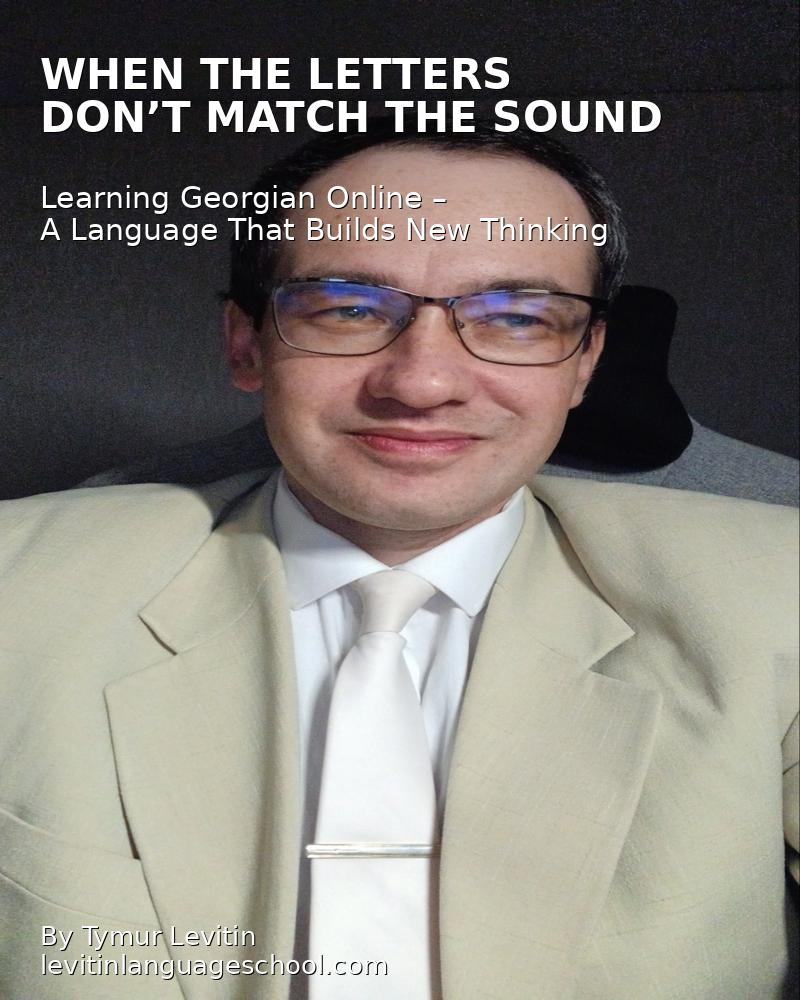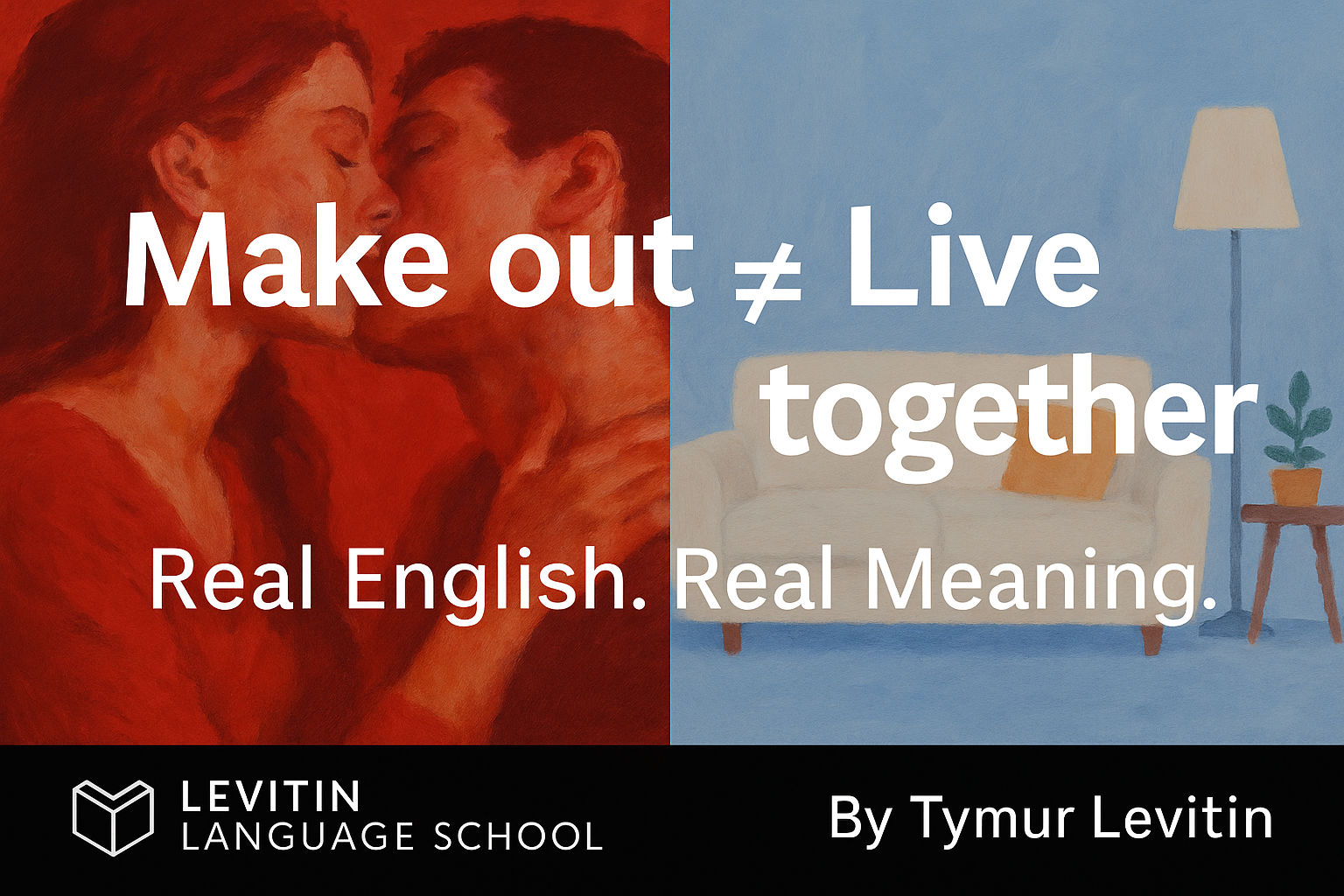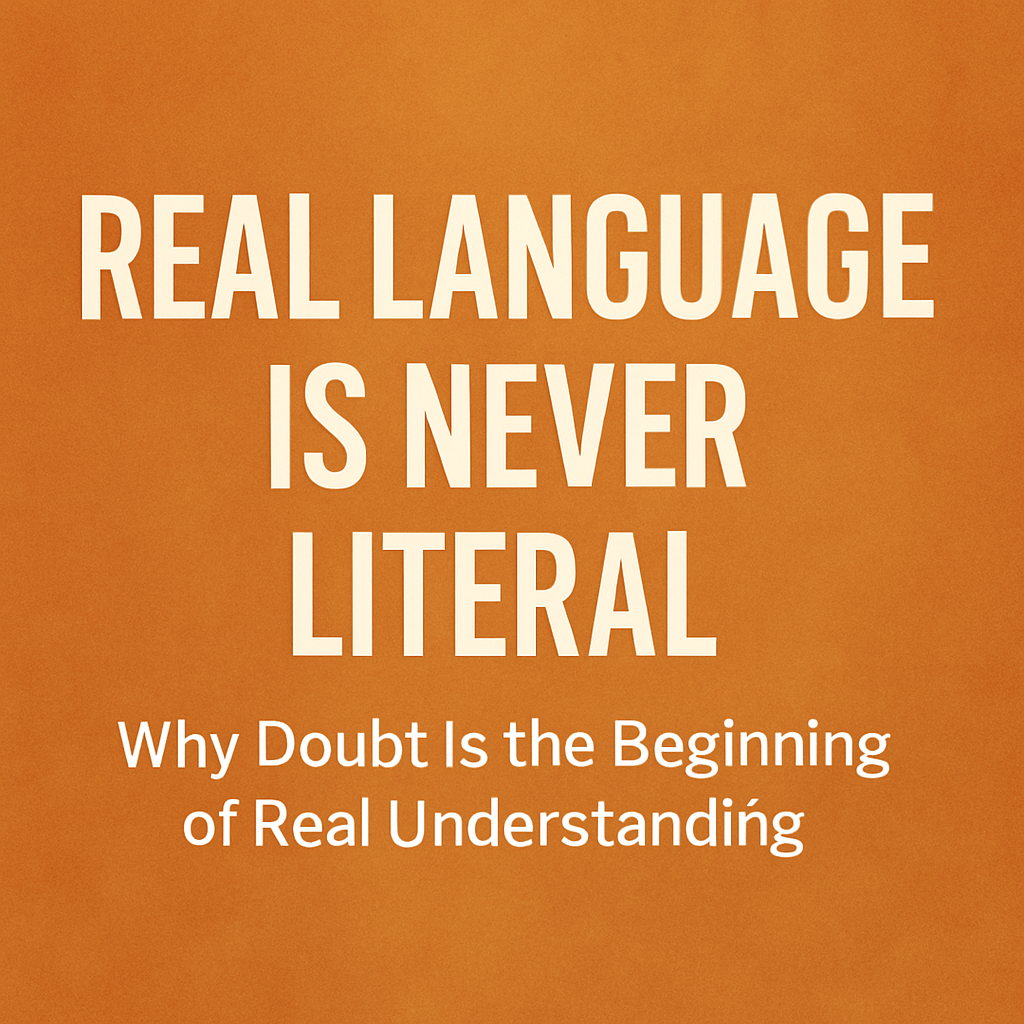Columna del autor por Tymur Levitin
Language. Identity. Choice. Meaning.
Sometimes we don’t avoid a word — we avoid what it makes us feel.
And the further we run, the louder it echoes in silence.
Some words live inside us
There are words that don’t just describe. They stay with us.
One of them is momka — a word that carries more weight than it seems.
Normally, the word “mom” sounds warm.
It means someone who gave birth, who raised you, who stayed.
Still, people sometimes replace it with momka, and that shift is never neutral.
“Momka” is not “Mommy”
This version lacks affection. It’s not gentle.
Instead, it often sounds tired, cold, even sarcastic.
In some cases, it feels like a wall built from pain or habit.
When language becomes distance
You’ll hear it in everyday talk:
- “Ugh, momka is yelling again…”
- “Where’s the food, momka?”
- “Momka left. I raised myself.”
- “Momka went to the garden.”
- “Momka drank again.”
These phrases don’t always mean rejection.
In fact, the word momka can come from emotional distance, not disrespect.
It may be the only way someone can refer to their mother — without reopening a wound.
What we don’t say still speaks
Not everyone had a present mother.
Some lost her. Some never got to say the right words.
For them, momka is safer. It protects them from emotions they’re not ready to face.
Even though the mouth says “momka,” the body remembers “mom.”
The voice might hold back, but the silence reveals everything.
We avoid tenderness, but the pain finds a way.
One cry, no answer
There’s a song by Ukrainian artist Skryabin, titled “Mam.”
No full sentences. No explanations.
Just: “Mam!” — and then silence.
Lines like “Why again the same way?” or “Why are you silent again?”
sound like echoes from inside — not questions, but confessions.
It’s not a dialogue.
It’s a wound trying to speak.
One word. One wound.
This is why mom is not just a word.
It’s everything — presence, memory, loss, and longing.
So today — just this.
One word.
One wound.
And the space between what we say and what we feel.
Tymur Levitin
Visit my profile at Levitin Language School →
Also read:
🔹 The Meaning Behind the Rules: Why Repeating Grammar Isn’t the Same as Understanding
🔹 When “Job” Sounds Like a Threat: How One Mispronounced Word Can Shift Everything
🔹 Read this article in Russian
🔹 Read this article in Ukrainian
Author: Tymur Levitin
Founder, Director, and Senior Language Instructor at Levitin Language School
© Tymur Levitin
Category: Author’s Column | Real Language, Real Words
Series: Columna del autor por Tymur Levitin
Language. Identity. Choice. Meaning.
























